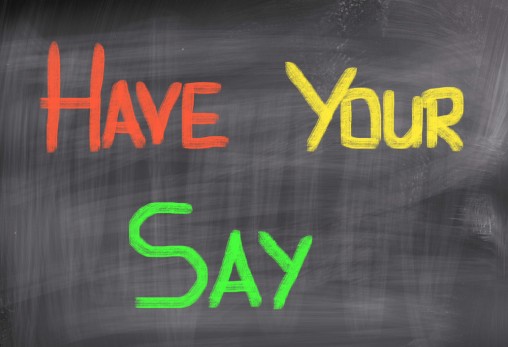Should the tracking devices for children be a uniform requirement or stay a parental choice?
Isn’t this a form of „easy,“ „lazy“ parenting? What pros or cons for tracking devices targeted at children can you suggest? Most importantly, where do you stand in that debate?
There is nothing more terrifying than the thought of losing sight of a child in a crowd, fair, park or family trip. Many companies have now developed child safety and tracking devices to help you locate your child if he or she wanders around or goes missing. Thankfully, these devices are different than chips used for animals and are simply linked to a satellite that can track your child. The chip can be placed in various GPS devices such as watches, belts or even clothing. Some devices can track your child constantly, while others will only activate when children leave the boundaries of a particular area and others can even monitor vital signs and offer a „panic button“ that your child can push in an emergency.
Tracking devices are getting increasingly popular
Following the death of a of teenage boy with autism who walked out of his school in New York in October 2013 without being stopped; The U.S. Department of Justice said in January 2014 that it would offer to fund voluntary tracking devices for children with autism. This could prove to be helpful and put parents at ease. Indeed, a 2013 study published in the journal Paediatrics found that „nearly half of children with autism spectrum disorder (ASD) attempt to wander or bolt from a safe, supervised place,“ and „more than half of these wandering children go missing.“ What about children without autism who also tend to wander? Should the devices be a uniform requirement or stay a parental choice?
Concerns about tracking devices to keep in mind
- Children are unpredictable and can take the device off or break it while playing. For example, a spokesman for the NSPCC told the Telegraph „Just because you know where the GPS is doesn’t definitely mean you know it’s still with the child or even that you can get there quickly.“
- Technology is not entirely reliable, it is not perfect and systems can stop working or give wrong information.
- GPS devices may raise issues of trust between your child and you and even create fearful behaviours, which would create more harm.
- No technology can ever replace good parenting. You need to have discussions with your child explaining where their boundaries are or what potential dangerous situations can arise. As parents, you need to nurture your children’s senses of responsibility in the household as well as their independence and your instinct to protect them.
On this note, Lisa Damour a psychologist who focuses on parenting and directs the Centre for Research on Girls at Laurel School in Shaker Heights, Ohio, told the New York Times:
I can understand how a parent might want to know if their child is having a problem, but I don’t think it’s necessarily helpful for children to always be able to turn to their parents when they are struggling. We want children to develop problem-solving skills and the capacity to manage stress
Where do you stand in the debate?
What about „traditional“ methods of keeping track and looking after your children? Never letting them out of sight; teaching, enforcing and repeating the rules to them about boundaries in the various environments they can find themselves at different times; pointing out to them who would be able to help them; knowing what they wear in order to report accurately in case of a separation. Have these become out of fashion?
Of course, this also depends on where you live, what access to infrastructure do you have, financial and cultural matters, but shouldn’t education always be a priority, before relying to technology? Isn’t this a form of „easy,“ „lazy“ parenting? What other pros or cons for tracking devices targeted at children can you suggest? Most importantly, where do you stand in that debate?


















